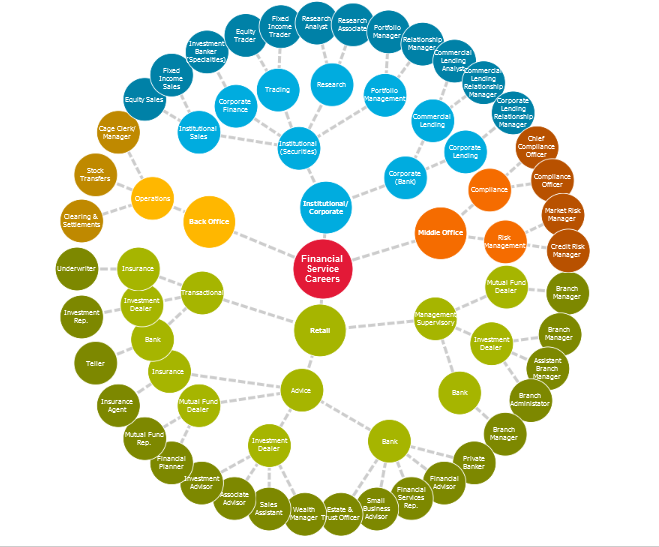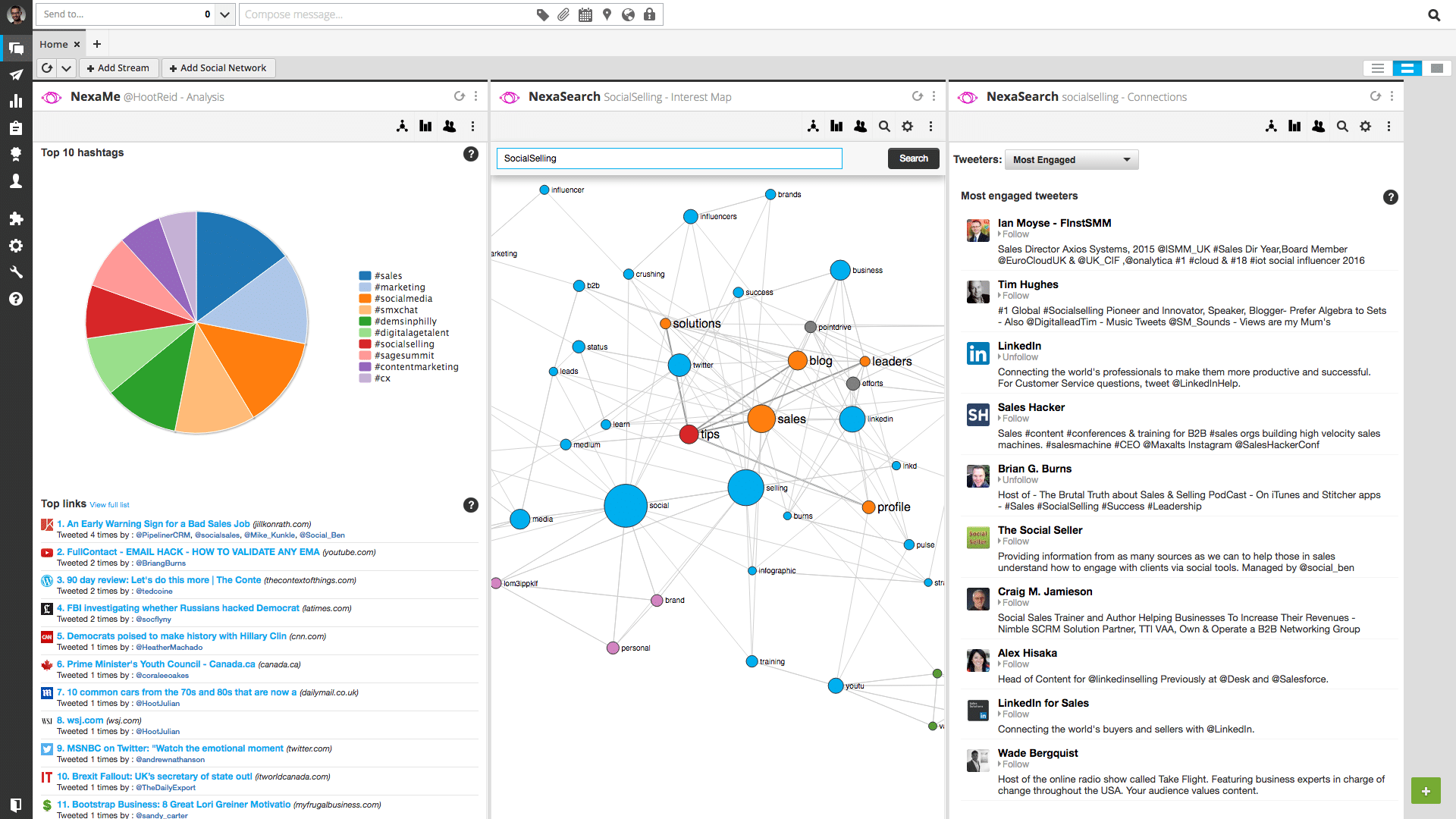
Managing human capital means understanding and measuring the skills of your people. Assessing these skills will enable your business to create a more accurate incentive system for pay and better alignment between salary and skill levels. A pay-for-skills system will help you avoid the high turnover rate and retain employees by providing support and encouragement for employees to grow their core competencies. This will increase their satisfaction and help them stay longer in the company.
Employee engagement
Employee engagement is an integral part of managing human resource. Engaging employees means giving them meaningful feedback and giving them a sense of purpose. It also involves providing them with a voice and the opportunity to voice their ideas and concerns. Managers need to communicate regularly and listen to their employees in order for them understand their concerns.
Employee turnover is one of the most significant factors affecting an organization's productivity. Gallup estimates that millennial turnover is costing organizations $30.5 billion each year. Engaged employees are more satisfied with their work, and they are more likely to remain in their current job.
Performance management
The purpose of performance management for people is to ensure that the company's strategy aligns with employees' performance. This involves setting goals and objectives, and making sure everyone is working in the same direction. It includes the creation and monitoring of individual performance plans, assimilation of compensation, and the determination of compensation. Performance management is also about identifying and developing key talent and high-potential employees. This approach can be used in many situations, including hiring and firing, evaluating performance, and identifying training requirements.

The best performance management system integrates employee engagement with performance improvement. This will ensure that employees feel engaged in learning and development. A good example of this is Microsoft's gamification program for call-center agents. This is done to ensure employees are equipped with the knowledge and skills necessary for their jobs. The performance management system should be integrated with the employee development program to ensure success.
Compensation
The right compensation can be crucial to attracting the right talent for a position. But it is crucial to remember that compensation isn't just about the money. It also involves how to motivate employees. A great compensation management program can help a company to attract top talent and retain their employees. A company can boost its efficiency and revenue by choosing the right mix in compensation.
The goal of compensation management is to ensure that salaries and benefits are competitive and reflect the needs of the current workforce. This involves analyzing employment data and keeping up to date on complex benefits administration rules. It is vital that employees receive the right compensation, but also to be paid on time and in a fair manner.
Pay-for-performance
Pay-for-performance is a great way to motivate your employees and retain them. This model allows employees to increase their wages by meeting specific targets. Additionally, this model can help you hire more highly-skilled individuals. This type of compensation may not be right for all companies, but it can be a motivator to top performers to stay.
Pay-for-performance is a concept that requires commitment from the CEO and HR departments. If top management embraces the concept, middle management will follow suit.

Learning
Employers can maximize their employees' value by using learning as part human capital management. You can use learning to improve your organization's productivity, whether you are looking for new employees or those who are already there. Understanding industry trends and identifying the needs of your employees is one of the best ways to increase your human capital.
Training your employees is one way to achieve this. Proper training will help employees feel confident and excited about their jobs. Employees who feel confident and competent in their work will be more productive.
FAQ
What is the secret to modern consulting?
The first consultants were accountants that helped companies manage finances. They were able to manage financial information and became "accounting experts". This role quickly expanded to include human resource management.
The French word "to advise" is the origin of the term "consultant". It was first used by businessmen to refer to someone who could give advice about how to run an organisation. Even today, many business owners still use "consultant" when referring to professional advisors.
How much do consultants earn?
Some consultants earn more than $100k per year, but most consultants earn between $25 and $50k. The average salary for a consultant is $39,000. This applies to both hourly and salaried consultants.
Salary depends upon experience, location, industry and type of contract (contractor/employee). It can also depend on whether the consultant has their own office or works remotely.
How long does it take to become a consultant?
Your industry and background will determine the length of time it takes. Most people start out with a few months before they find work.
However, many consultants spend years honing their skills prior to finding work.
Is consulting a real job?
Consulting isn't just a career option for those who want to earn quick money. It's also a great place to gain valuable skills and build a foundation you can use in your future work.
There are many options for consulting. These include project management, business strategy, strategy, leadership, and training. There are many projects you could be involved in, from small start-ups all the way up to large-scale multinational corporations.
Consulting offers you the chance to improve and sharpen your skills as well as gain valuable experience across a range industries. This could mean learning to manage teams, negotiate contracts, write proposals, manage budgets, analyze data, create presentations, conduct market research, and much more!
What should I expect from my consultant
When you choose your consultant, they should respond within a few working days. They will usually ask for information about your company, including its mission, goals, products, services, budget, etc. They will then send you a proposal that outlines the scope of work and estimates timeframe, fees, deliverables, milestones and other details.
If everything goes as planned, then both parties will agree to a written contractual agreement. The type and content of the contract will vary depending on whether the relationship is employer-employee/employer-independent contractor.
If everything goes smoothly, the consultant can begin work immediately. The consultant will have full access to your files and resources. You'll also have access to their skills and knowledge.
However, don't assume that just because someone is a consultant that s/he knows everything. It takes practice and hard work to become an expert in the field you are consulting. So, don't expect your consultant to know everything about your business.
Statistics
- Over 62% of consultants were dissatisfied with their former jobs before starting their consulting business. (consultingsuccess.com)
- My 10 years of experience and 6-step program have helped over 20 clients boost their sales by an average of 33% in 6 months. (consultingsuccess.com)
- "From there, I told them my rates were going up 25%, this is the new hourly rate, and every single one of them said 'done, fine.' (nerdwallet.com)
- Over 50% of consultants get their first consulting client through a referral from their network. (consultingsuccess.com)
- WHY choose me: Why your ideal client should choose you (ex: 10 years of experience and 6-week program has helped over 20 clients boost their sales by an average of 33% in 6 months). (consultingsuccess.com)
External Links
How To
How can I find a good consultant for my business?
The first step in finding a good consultant is understanding what you want from your consultant. What do you need them to do for your website? Are you looking for them to help optimize your website to rank higher on search engines? Or perhaps you just want someone who can tell if there are any issues with your current hosting provider. Once you know what type of services you need, you should start looking at different companies. There are many consultants out there who claim they can provide these services, but only a few actually live up to their claims. How do you select the right consultant for your project? These are some things you should consider when choosing a consultant.
-
Refer to others. This is the best way to select a consultant. You don't want to hire someone you've never heard of before because you'll likely pay too much. You don't want to work alongside someone whose reputation hasn't been established. If you are lucky enough to be referred by people you trust, that's awesome! Even if you don’t have any referrals, you can still look online for reviews. Find testimonials and case study examples from customers who have used your product.
-
Ask around. Many people are unaware that hiring a consultant could make a difference. They think that since they're currently doing fine, they don't need to make changes. This is often incorrect. Even if results are good, there is a chance you haven’t been keeping up-to-date with new trends and technologies. If you continue to rely on outdated methods, your business will be unable to grow. It's always worth asking around to see if anyone knows of a good consultant.
-
Be sure to check their credentials. No matter how small your project is, it's important to ensure that the consultant you choose has the necessary skills. Make sure that they're qualified to perform the tasks you need to be done and that they have sufficient expertise in the area.
-
Find out the type of projects they specialize. It is a common misconception that everyone can manage everything. You may need to have specific training or education in certain areas. A developer who is a specialist in Drupal would not be able to help you build a WordPress theme. The same goes for graphic design, programming languages, etc. Ask them what types of projects they are most familiar with.
-
It is important to know what the charges are. You don't want a consultant who charges too much. But you also don't want to pay too little either. Consultants come in many sizes and shapes. Some charge hourly rates while others bill per project. You can save money by knowing upfront exactly what you will be paying.
-
Know what they offer. Are they available for free consultations Will they give you advice on how to set up your own system? Do they promise that your site will rank higher once you have worked with them? If you don’t like the information you receive during your consultation, you can cancel it without penalty.
-
Find out if the company offers discounts for several months or years. Many consultants offer discounted pricing over extended periods. Although you do not have to commit to a year, it is possible to take advantage of any offers they may offer.